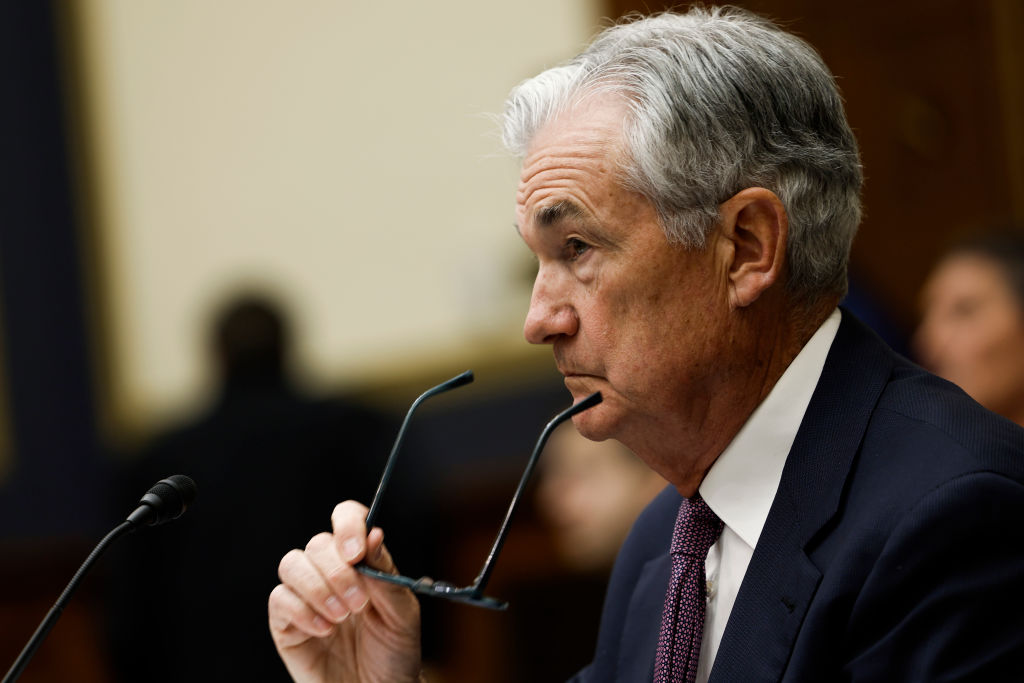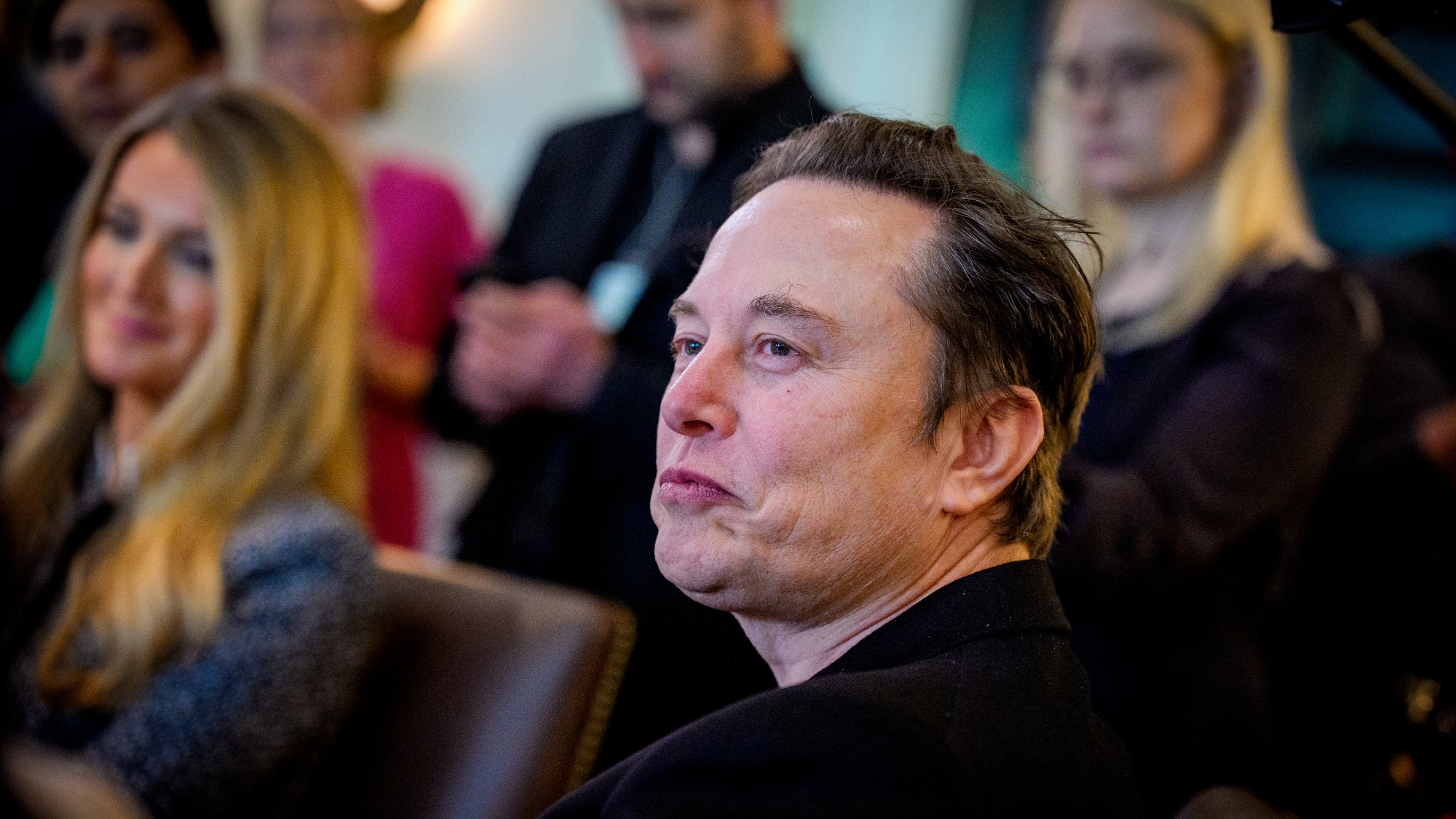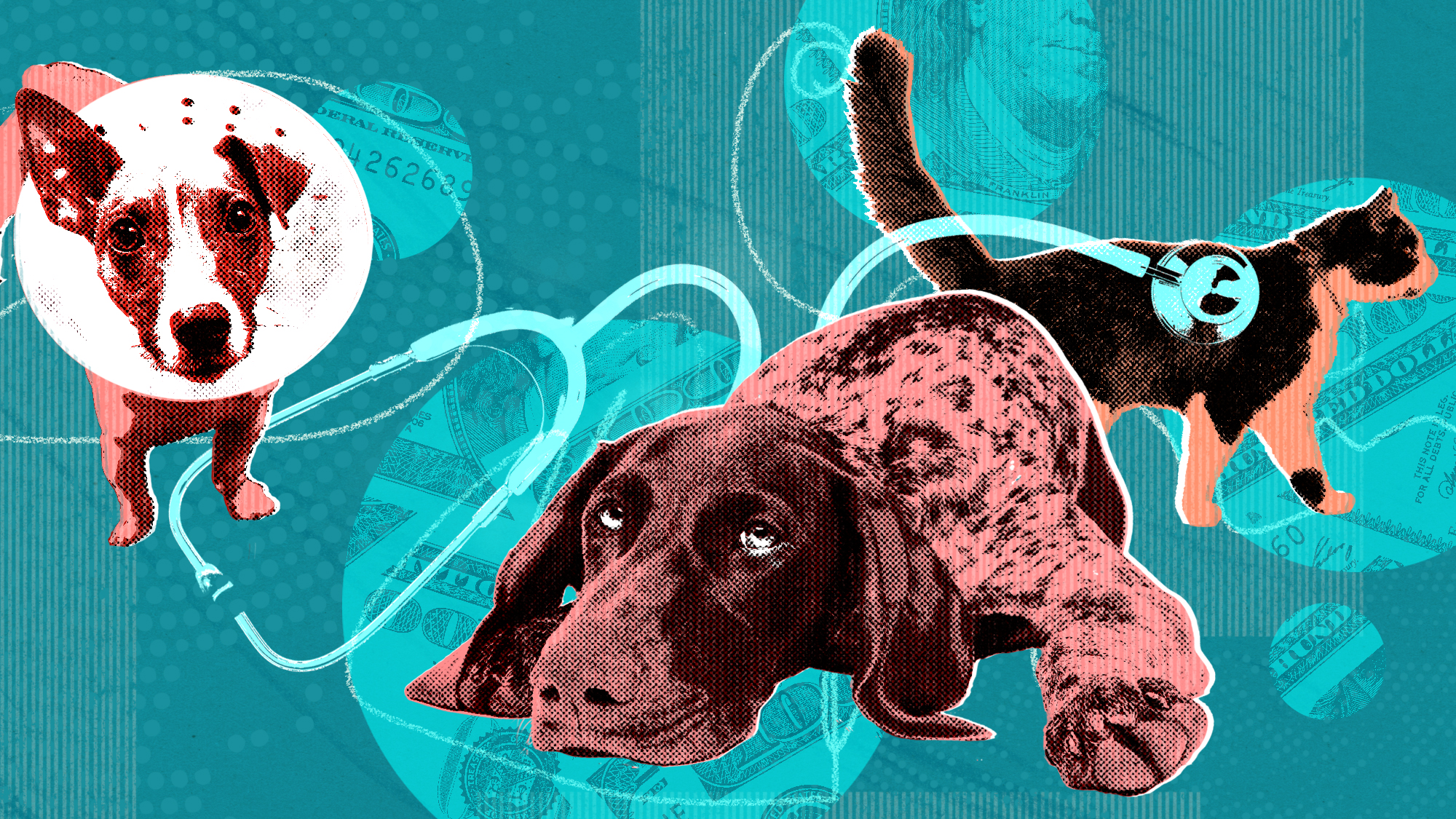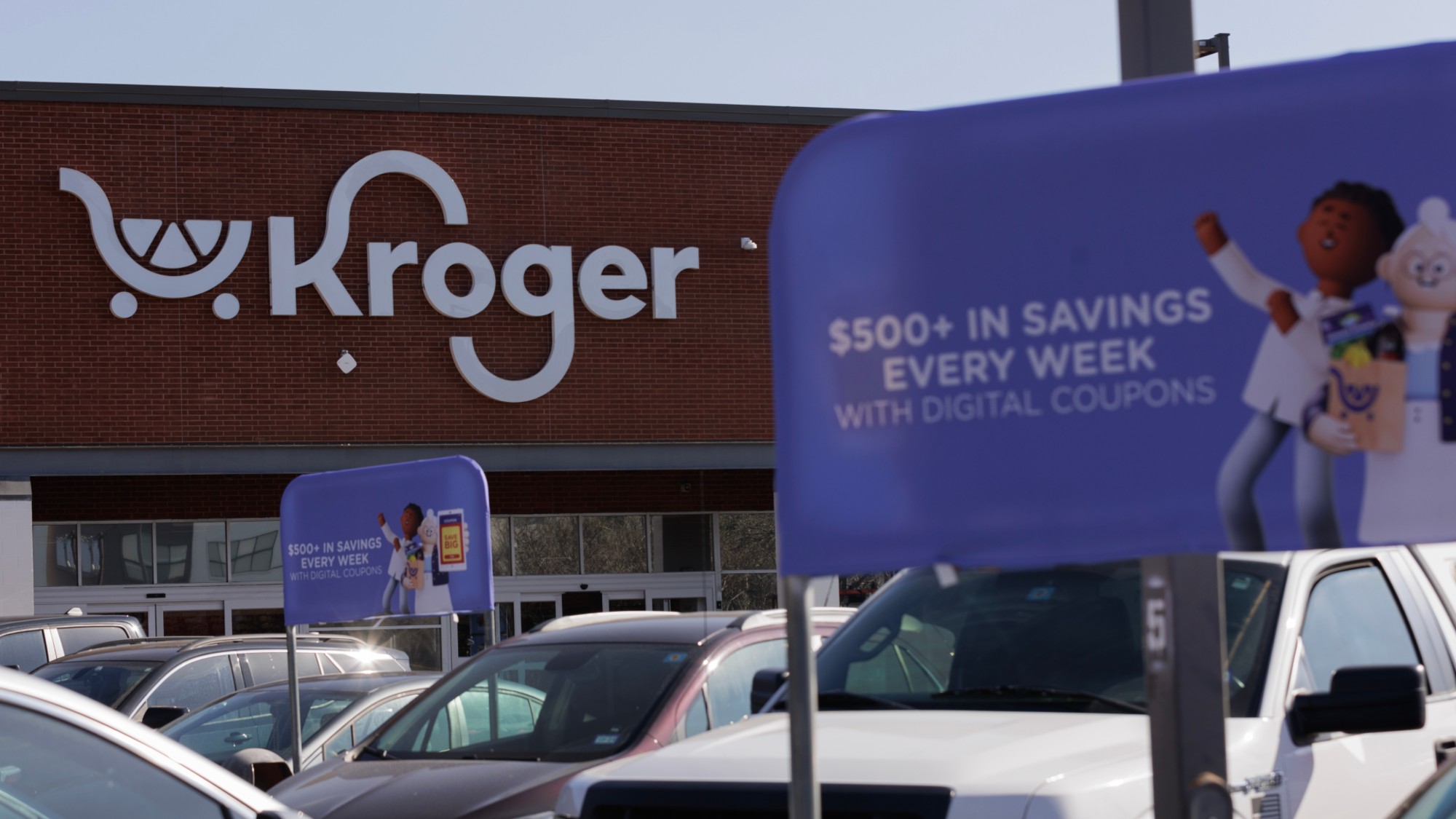Fed rules: Just be careful about breaking the banks
Did the central bank go too far in its crusade to fight inflation?

A free daily email with the biggest news stories of the day – and the best features from TheWeek.com
You are now subscribed
Your newsletter sign-up was successful
The smartest insight and analysis, from all perspectives, rounded up from around the web:
"There's a saying that the Federal Reserve raises interest rates until something breaks." Last week, two major banks broke, said Nick Timiraos in The Wall Street Journal. Now the question becomes whether the Fed has gone far enough. The central bank "raises rates to fight inflation by slowing the economy through tighter financial conditions." But the effects of interest rate changes build up slowly in a way that "can be akin to getting ketchup out of a glass bottle: Smacking the bottle repeatedly leads to no results, then too much of the condiment pours out." Silicon Valley Bank and New York's Signature Bank appear to have been casualties of a condiment explosion. The value of the bonds SVB was holding — and the cryptocurrencies that Signature Bank was holding — deteriorated as rates rose. Last week, Fed chair Jerome Powell "floated the possibility of a larger rate increase at this month's meeting," but this may force him to reconsider.
Enough is enough, said Jeffrey Sonnenfeld in Fortune. By executing the steepest rate-hike campaign since the 1980s, the Fed is "oversteering the economy not just off the highway but right off a cliff." The Fed is "so wounded for being late and dismissive over inflation in 2021 that it's still fighting the last war" and ignoring evidence that prices are falling across the economy — from housing to commodities. Continued tightening of monetary policy "is a surefire recipe for disaster."
The Week
Escape your echo chamber. Get the facts behind the news, plus analysis from multiple perspectives.

Sign up for The Week's Free Newsletters
From our morning news briefing to a weekly Good News Newsletter, get the best of The Week delivered directly to your inbox.
From our morning news briefing to a weekly Good News Newsletter, get the best of The Week delivered directly to your inbox.
The stock market doesn't see disaster here, said John Authers in Bloomberg. In fact, except for some mid-tier regional banks, investors have "taken this incident in stride." Meanwhile, inflation hasn't disappeared. For the Fed to give up the fight against inflation "could provoke another melt-up," with investors betting the days of easy money are back. Barring further shocks before its March meeting, the Fed should continue with its plans to hike rates — probably by a moderate 25 basis points. In a perverse way, the banking blowout may make the Fed's job easier, said Eric Levitz in New York magazine. The banking shock "might do more to tighten credit conditions — and thus cool spending and investment — than the Fed's previously planned rate hikes would have done." Depositors are pulling money from banks, which are simultaneously tightening their own wallets by restricting access to credit. "Breaking banks probably isn't the best way to reduce inflation, but it is one way to cool off an economy."
The inflation picture is still very murky, said Paul Krugman in The New York Times. For instance, "official measures of job openings show an extremely hot labor market, but private-sector measures show significant cooling." Why the discrepancy? "A rising number of U.S. businesses just aren't responding to government surveys." Another problem is that statistical agencies keep making large revisions to older data, undercutting the validity of the current data they are promoting. This genuinely confusing situation is not something that "a clash of egos is going to clear away." The Fed is trying to navigate "through a dense data fog, and this suggests to me that it should avoid drastic moves in either direction."
This article was first published in the latest issue of The Week magazine. If you want to read more like it, you can try six risk-free issues of the magazine here.
A free daily email with the biggest news stories of the day – and the best features from TheWeek.com
-
 Political cartoons for February 21
Political cartoons for February 21Cartoons Saturday’s political cartoons include consequences, secrets, and more
-
 Crisis in Cuba: a ‘golden opportunity’ for Washington?
Crisis in Cuba: a ‘golden opportunity’ for Washington?Talking Point The Trump administration is applying the pressure, and with Latin America swinging to the right, Havana is becoming more ‘politically isolated’
-
 5 thoroughly redacted cartoons about Pam Bondi protecting predators
5 thoroughly redacted cartoons about Pam Bondi protecting predatorsCartoons Artists take on the real victim, types of protection, and more
-
 Trump wants a weaker dollar, but economists aren’t so sure
Trump wants a weaker dollar, but economists aren’t so sureTalking Points A weaker dollar can make imports more expensive but also boost gold
-
 The longevity economy booms as people live longer
The longevity economy booms as people live longerThe Explainer The sector is projected to reach $27 trillion by 2030
-
 Texas is trying to become America’s next financial hub
Texas is trying to become America’s next financial hubIn the Spotlight The Lone Star State could soon have three major stock exchanges
-
 How could worsening consumer sentiment affect the economy?
How could worsening consumer sentiment affect the economy?Today’s Big Question Sentiment dropped this month to a near-record low
-
 Musk wins $1 trillion Tesla pay package
Musk wins $1 trillion Tesla pay packageSpeed Read The package would expand his stake in the company to 25%
-
 From candy to costumes, inflation is spooking consumers on Halloween this year
From candy to costumes, inflation is spooking consumers on Halloween this yearIn the Spotlight Both candy and costumes have jumped significantly in price
-
 Rising costs are making it harder for people to afford pets
Rising costs are making it harder for people to afford petsUnder the Radar Shelters are filling up as a result
-
 Grocery stores under fire for overcharging during cost-of-living crisis
Grocery stores under fire for overcharging during cost-of-living crisisThe Explainer A recent investigation has put the spotlight on Kroger, but it is not the only chain being pinpointed